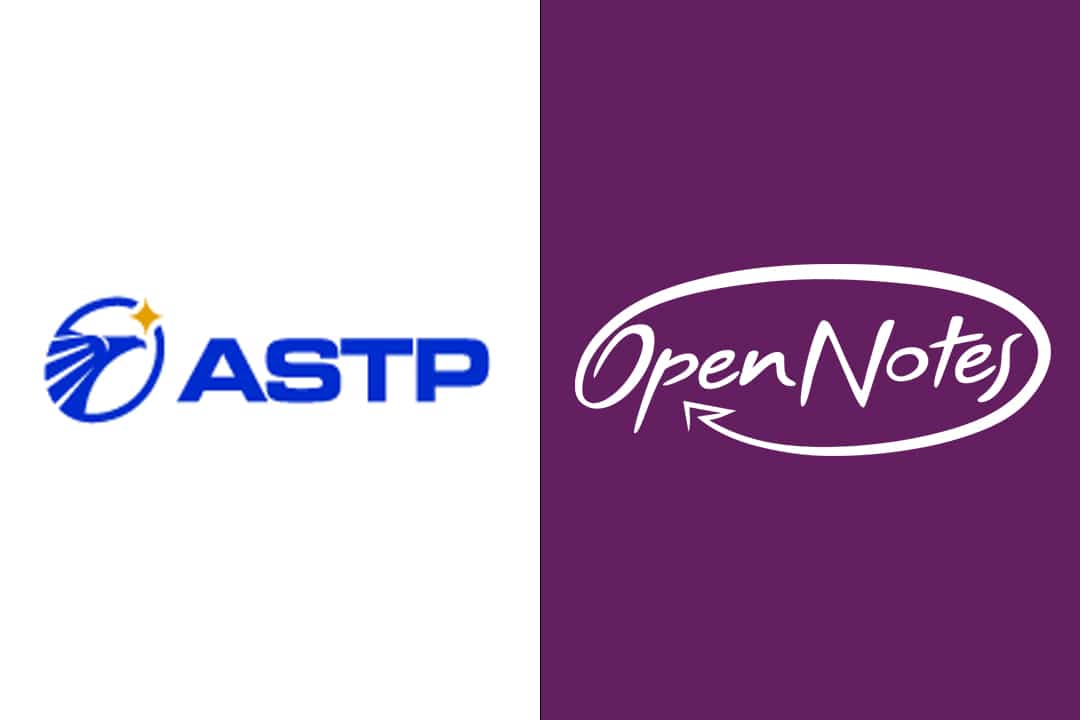
 Together with the Assistant Secretary for Technology Policy (ASTP) and the Office of the National Coordinator for Health Information Technology (ONC), OpenNotes has been exploring patients’ and providers’ perspectives on how to better collect, document, and share Social Determinants of Health (SDOH) information.
Together with the Assistant Secretary for Technology Policy (ASTP) and the Office of the National Coordinator for Health Information Technology (ONC), OpenNotes has been exploring patients’ and providers’ perspectives on how to better collect, document, and share Social Determinants of Health (SDOH) information.
Our combined research efforts, published in JAMA Network Open and in this ASTP report, took a close look at how SDOH data is collected and shared in healthcare settings. It also asked an important question: how might we collect, document, and share SDOH data in a way that feels helpful, respectful, and inclusive for both patients and clinicians.
What Are Social Determinants of Health (SDOH)?
SDOH include the factors outside of medical care that shape your health—things like housing, transportation, access to healthy food, and even whether you feel safe in your neighborhood and in your home. Research shows that these non-medical factors often play a bigger role in health outcomes than the medical care itself.
Collecting and using SDOH data can help identify health disparities and improve care. And, it’s not always easy. Many people worry about how sharing personal information—such as their income, education level, or living conditions—will be used in healthcare settings.
What Did We Learn?
Through focus groups with 235 patients, clinicians, and care partners across the U.S., OpenNotes and ASTP learned that both groups agree: understanding SDOH is essential, but not without its challenges.
Firstly, patients want to feel safe sharing their stories. People worry that disclosing personal details might lead to judgment, bias, or even affect the care they receive. They need transparency about how this information is used and assurances that it will be treated with care.
Additionally, clinicians need support. Many healthcare providers said they don’t have the time or resources to fully explore SDOH during a visit. They also want better tools to collect and document this information in a way that works within their busy workflows.
One key finding was the importance of trust. Patients who had a strong, positive relationship with their clinician were far more willing to share sensitive details about their lives. Building and maintaining that trust is essential for making SDOH data collection work.
How ASTP is Helping
So, how can we make this process easier and more meaningful for everyone? Our study identified some promising approaches:
- Clear communication: Patients are more willing to share when they understand why SDOH data is being collected and how it can improve their care.
- Flexible tools: Structured questionnaires, patient portals, and in-person conversations all have a role to play. Giving patients options helps them feel more in control.
- Teamwork: Clinicians need more support from trained staff who can help collect and act on SDOH data, along with better resources for connecting patients to services they need.
On a broader level, ASTP’s work to develop nationwide standards for SDOH data—like the United States Core Data for Interoperability (USCDI)—is a big step forward. These standards help ensure that this information can be shared seamlessly between healthcare systems, community organizations, and others working to improve health equity.
Moving Toward Equity
OpenNotes’ collaboration with ASTP is part of a larger movement toward addressing health disparities and promoting health information equity. SDOH isn’t just about data—it’s about understanding people’s lives and supporting them in ways that truly matter.
At OpenNotes, we’re proud to be part of this work, and we’re excited to see what comes next. If you’re curious about the details, you can check out the full study in JAMA Network Open here, and download the full report by the ASTP.




You must be logged in to post a comment.